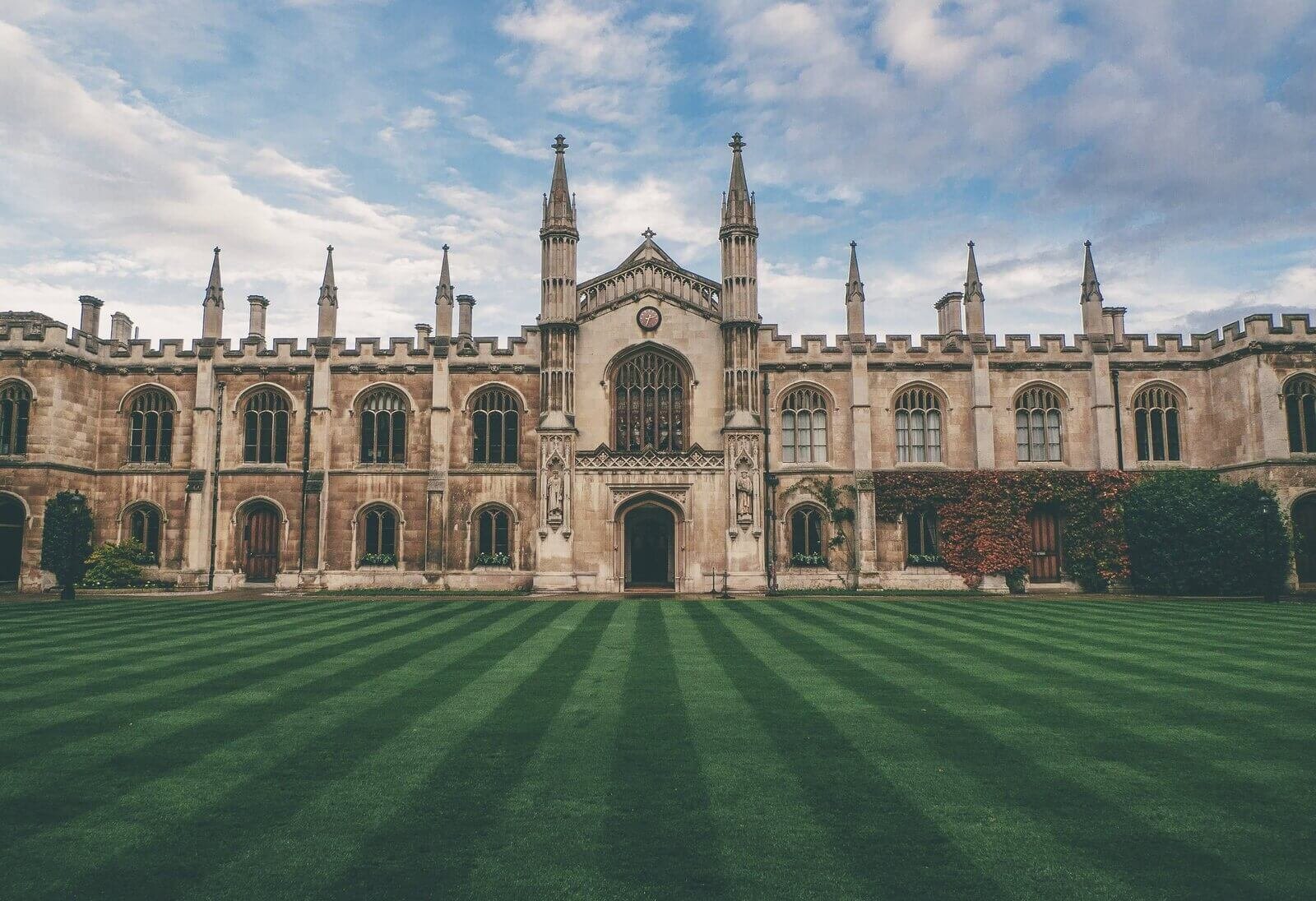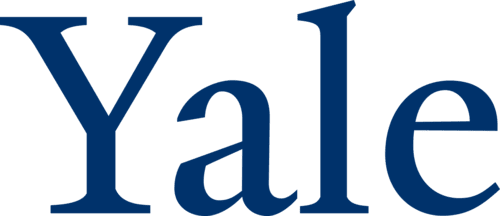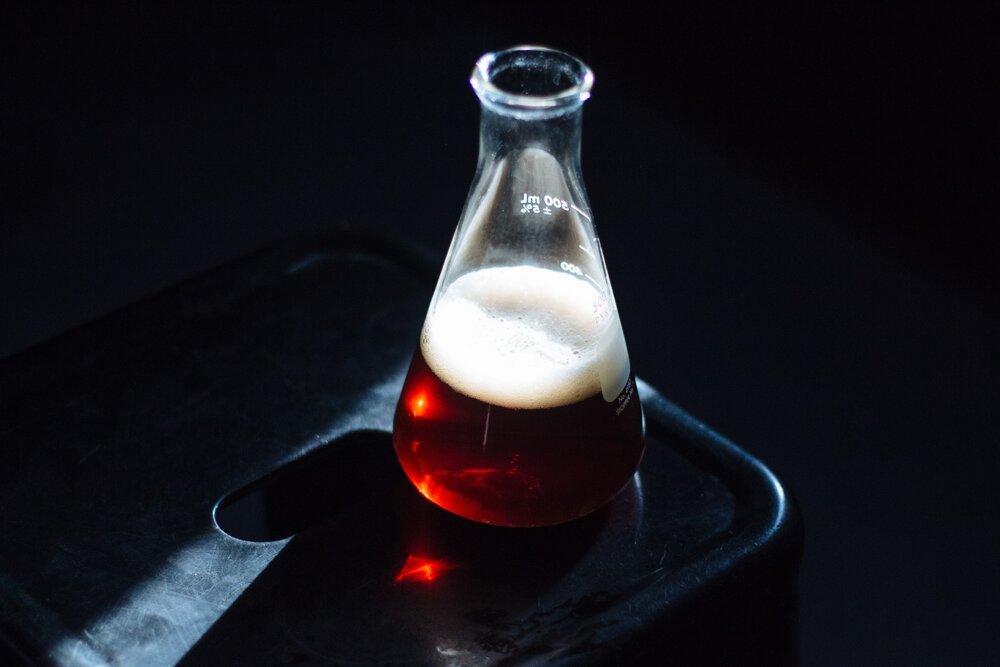Our elite IB Chemistry tutors will help you ace your exams.
We can help you improve your IB Chemistry grades and get into the University you’ve always dreamed of. Book trial lesson with your IB Chemistry tutor.
Our team of tutors at Think Smart helps you awaken your fullest potential to reach the best results of your IB Chemistry exam. Get a tutor. Think Smart, not hard.
Think Smart students now attend
IB Chemistry - Everything you should know
The Chemistry course at the International Baccalaureate level covers a range of different topics. Both IB Chemistry SL and HL share the same eleven core subjects. All these subjects have subtopics, some of which are covered only at HL.
IB Chemistry Syllabus
International Baccalaureate Chemistry standard level (SL) and higher level (HL) shared subjects are:
| Syllabus component | SL Hours | HL Hours |
|---|---|---|
| Syllabus content | 110 | 180 |
| Structure 1. Models of the particulate nature of matter Structure 1.1—Introduction to the particulate nature of matter Structure 1.2—The nuclear atom Structure 1.3—Electron configurations Structure 1.4—Counting particles by mass: The mole Structure 1.5—Ideal gases | 17 | 21 |
| Structure 2. Models of bonding and structure Structure 2.1—The ionic model Structure 2.2—The covalent model Structure 2.3—The metallic model Structure 2.4—From models to materials | 20 | 30 |
| Structure 3. Classification of matter Structure 3.1—The periodic table: Classification of elements Structure 3.2—Functional groups: Classification of organic compounds | 16 | 31 |
| Reactivity 1. What drives chemical reactions? Reactivity 1.1—Measuring enthalpy change Reactivity 1.2—Energy cycles in reactions Reactivity 1.3—Energy from fuels Reactivity 1.4—Entropy and spontaneity (Additional higher level) | 12 | 22 |
| Reactivity 2. How much, how fast and how far? Reactivity 2.1—How much? The amount of chemical change Reactivity 2.2—How fast? The rate of chemical change Reactivity 2.3—How far? The extent of chemical change | 21 | 31 |
| Reactivity 3. What are the mechanisms of chemical change? Reactivity 3.1—Proton transfer reactions Reactivity 3.2—Electron transfer reactions Reactivity 3.3—Electron sharing reactions Reactivity 3.4—Electron-pair sharing reactions | 24 | 45 |
| Experimental programme Practical work Collaborative sciences project Scientific investigation | 40 20 10 10 | 60 40 10 10 |
Pssst. If there's any part of the syllabus you need help with, don't hesitate to reach out to us ! 🎓
Sign up for your first tutoring session today!
What's the difference between IB Chemistry HL and SL ?
In the International Baccalaureate (IB) Diploma students have the option to study Chemistry at a higher level (HL) or standard level (SL). The key difference between these two levels is the breadth and depth of the material covered during the course.
Higher Level (HL) (240 teaching hours)
HL Chemistry covers the same core material as SL Chemistry as well as additional topics which allow students to explore certain subjects in greater depth. In addition to theoretical content HL students perform 40 hours of practical work.
HL Chemistry requires students to be able to take qualitative concepts and apply quantitive techniques on them. For example, taking the concepts of the pH scale and acids and basis further to performming calculations associated with acids and basis.
Thus, HL Chemistry requires students to have a strong understanding of the concepts taught as well as to think analytically and be able to apply the content to different contexts.
Standard Level (SL) (150 teaching hours)
SL Chemistry covers the same core subjects at a slightly less challenging level compared to HL chemistry. This provides students with an insight to a range of key topics in chemistry. In addition to theoretical content SL students complete 20 hours of practical work.
In SL chemistry students learn chemistry at a more qualitative than quantitative level compared to HL chemistry. Thus, SL chemistry is aimed at students who strive to obtain a well rounded education but who do not aspire to specialize in chemistry in their future career.
In general, HL Chemistry is more time consuming and challenging than SL Chemistry as it requires students to have a strong understanding in a wider range of materials and to be able to apply it to different situations.
Therefore, HL Chemistry is designed for students who have a strong interest in chemistry. It is vital that students carefully consider their interests and strenghts, potential future endeavours and goals before deciding at which level to pursue Chemistry.
How is the IB Chemistry Assessment structured?
The IB Chemistry course is assessed through a combination of external and internal components, designed to evaluate both theoretical understanding and practical scientific skills. The final grade is determined by:
80% external assessment
20% internal assessment
with differences in duration and depth between Standard Level (SL) and Higher Level (HL).
The external assessment, which makes up 80% of the final grade, consists of two written papers.
Paper 1 accounts for 36% of the final grade and lasts 1.5 hours for SL and 2 hours for HL students.
It includes multiple-choice questions (Paper 1A) to test a wide range of syllabus content and data-based questions (Paper 1B) that assess students' ability to interpret experimental data and understand scientific methods.
Paper 2 contributes 44% to the final grade and is 1.5 hours long for SL and 2.5 hours for HL.
This paper includes a mix of short-answer and extended-response questions that assess students' conceptual understanding, application of knowledge to unfamiliar situations, and ability to construct scientific explanations.
The internal assessment makes up the remaining 20% of the final grade and is the same for both SL and HL. It involves a scientific investigation - an open-ended project in which students independently formulate a research question, design and conduct an experiment, gather and analyze data, and draw conclusions. The final product is a written report with a maximum word count of 3,000 words. This investigation is assessed by the teacher and externally moderated by the IB.
While the structure of the assessment is consistent across SL and HL, HL students are required to complete longer papers and are expected to demonstrate a deeper and broader understanding of the subject content.
Need help with exam preparation? Stuck on your IA? We’ve got your back!
IB Chemistry Blog Insights
IB Chemistry expertise, reviewed by top IB tutors for clarity, accuracy, and success.
IB Chemistry Internal Assessments (IA)
The internal assessment is something that many students struggle with.
The struggle can range from getting a topic, through structuring ideas to finding a solution.
At Think Smart Tutoring we ensure that our tutees have support in every stage to ensure optimal results.
Every tutee requires different approaches and focuses, so we focus on finding the ideal path.
Want to find out more?
Our IB Chemistry Tutors
All Think Smart tutors have once been in your shoes - they are IB alumni.
They have struggled with the same problems that you have had and as a result are able to adjust quicker than an average IB teacher. Hence we grant you a personalized IB exam journey.
We put great weight on helping students understand concepts as opposed to simply memorizing formulae.
What our students and parents are saying on Google (4.9)
Master every IB subject with our expert tutors

The university of your dreams is within reach. Our IB Tutors are already there.
We can help you pass your IB Exam the way we helped thousands of our students.
2k+
students trained
94%
success rate
11+
years of experience



















